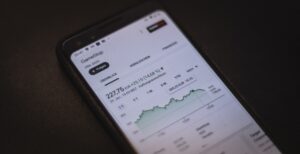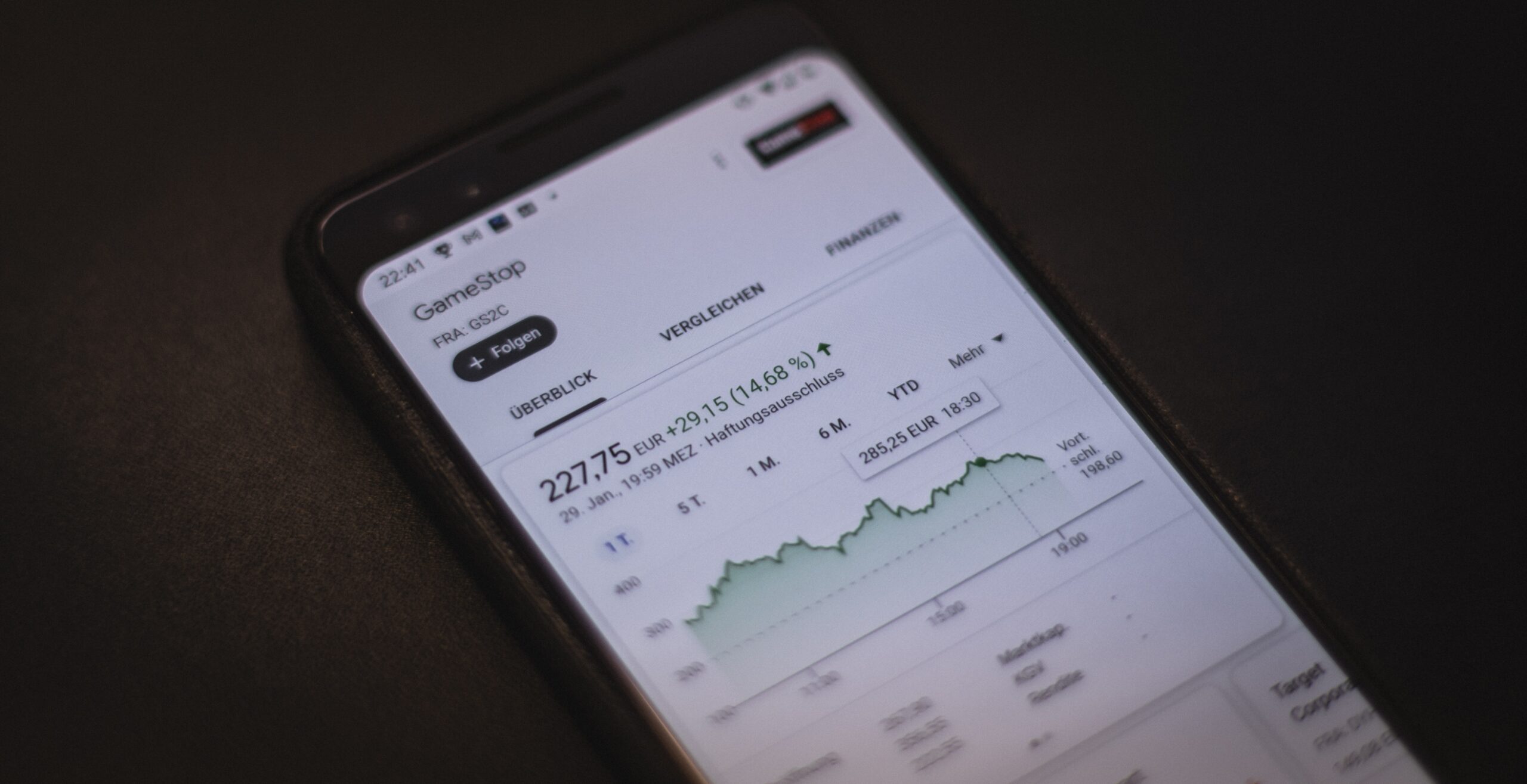04 February 2021
Hedge Funds
A New Plot Line: Not a conclusion
by Frank O’Nomics
 The executives at Sky Atlantic must be very excited. At last – a plot line to rejuvenate, and potentially conclude, the long running series Billions. The vast sums of money lost by several large hedge funds, following a massive short-squeeze in the share price of GameStop, is being heralded as a game-changer for the investment industry. Some have described it as an “Arab Spring” moment, with small investors combining to successfully take on ruthless and manipulative Wall Street fat cats. Such analogies are, however, somewhat misplaced. There are positive factors that can emerge from these events, but the demise of hedge funds is not one of them.
The executives at Sky Atlantic must be very excited. At last – a plot line to rejuvenate, and potentially conclude, the long running series Billions. The vast sums of money lost by several large hedge funds, following a massive short-squeeze in the share price of GameStop, is being heralded as a game-changer for the investment industry. Some have described it as an “Arab Spring” moment, with small investors combining to successfully take on ruthless and manipulative Wall Street fat cats. Such analogies are, however, somewhat misplaced. There are positive factors that can emerge from these events, but the demise of hedge funds is not one of them.
GameStop, a seller of video games, was, like many retailers, struggling with the demise of the high street. Those prepared to analyse the company concluded that its share price was too high, presenting an opportunity to make easy money by shorting the stock. For the uninitiated, this means borrowing the shares from a long-term investor (who is more than happy to make interest income on their holding), selling that stock and, hopefully, buying it back at a lower price before returning it to the owner. In theory, such trades can make a lot of money – sell 1mn shares at £1, buy them back at 10p and trouser £900k less your borrowing costs. Anyone smart enough to sell GameStop in 2013 at $55 was well rewarded by maintaining a short position, with the price falling below $4 early last year. Nice work if you can get it.
Last month that easy ride stopped. The combination of information shared on the forum Reddit, and the use of the free online investment platform RobinHood by small investors, prompted a wave of buying and a quantum leap in the GameStop share price. Once the stock started to move the hedge fund bears panicked, being forced to cover their positions at ever-inflating prices. At one point the price hit $492. For anyone still short the balance sheet implications were huge. One analyst has calculated that the losses sustained by the short sellers amounted to $19.75bn.
It is not hard to see why this could be a game-changer for many hedge funds. The maximum that can be made from selling a stock short amounts to the full price received – sell a share at £100, it falls to zero, and you make £100 per share. However, if the price starts to rise, the scope to lose money is unlimited. Hedge funds have historically done very well by being the biggest players at the table, particularly since investment banks were forced to reduce their balance sheets, and it has been very difficult for long-only investors to take them on. However, if huge numbers of small investors combine, situations like GameStop can make hedge funds rethink their investment strategy.
There is nothing new in this process. In his book, American Capitalism, JK Galbraith described how the huge power of large businesses ultimately gives rise to countervailing powers, in the form of trade unions and citizens’ organisations, which work to try to offset the big businesses excessive advantages. In this way workers receive a fair price for their labour and consumers pay the right economic price for goods. The collectivisation of the buying power of small investors is no different to this.
This does not, however, spell the end of hedge funds or the process of trying to make money by shorting stocks. Short selling, when not an attempt at price manipulation (which is illegal), is a process by which a fair market value is found (so called “price-discovery”), and is a useful source of additional liquidity. Without it there is a danger that shares reach artificial levels that are unsupportable, which culminates in a market crash.
Further, even in the case of GameStop, it is not clear that the so-called “amateur traders” have won. At the time of writing the share price is already back to $93, leaving those small traders who got involved late nursing big losses. While some hedge funds did reverse their positions, it looks as if others may have stepped in to short the stock at the higher levels. The overall size of the short position in GameStop has barely moved.
Those who might be worried that the TV series Billions could be imperiled by recent developments can sleep easy. Hedge funds, and short-sellers, are here to stay. The positive feature of the story should be a significant improvement in financial inclusion. The likes of RobinHood allow small investors to get involved and forums such as Reddit can help ensure that key information is widely accessible. In the UK the proportion of shares in the hands of individuals has fallen from 28% to just 12% in less than 40 years, and a reversal is to be encouraged. There are signs that this reversal is happening, with 400,000 signing up to online investment platforms in the last 12 months. However, if all this serves to promote is the development of an army of young day traders, who are giving little heed to underlying value, then the cause of financial inclusion may actually be taking a step backwards. If these developments continue to prompt the kind of volatility seen in GameStop shares, don’t be surprised if financial regulators feel the need to get involved.
Photo by Michael Förtsch on Unsplash


